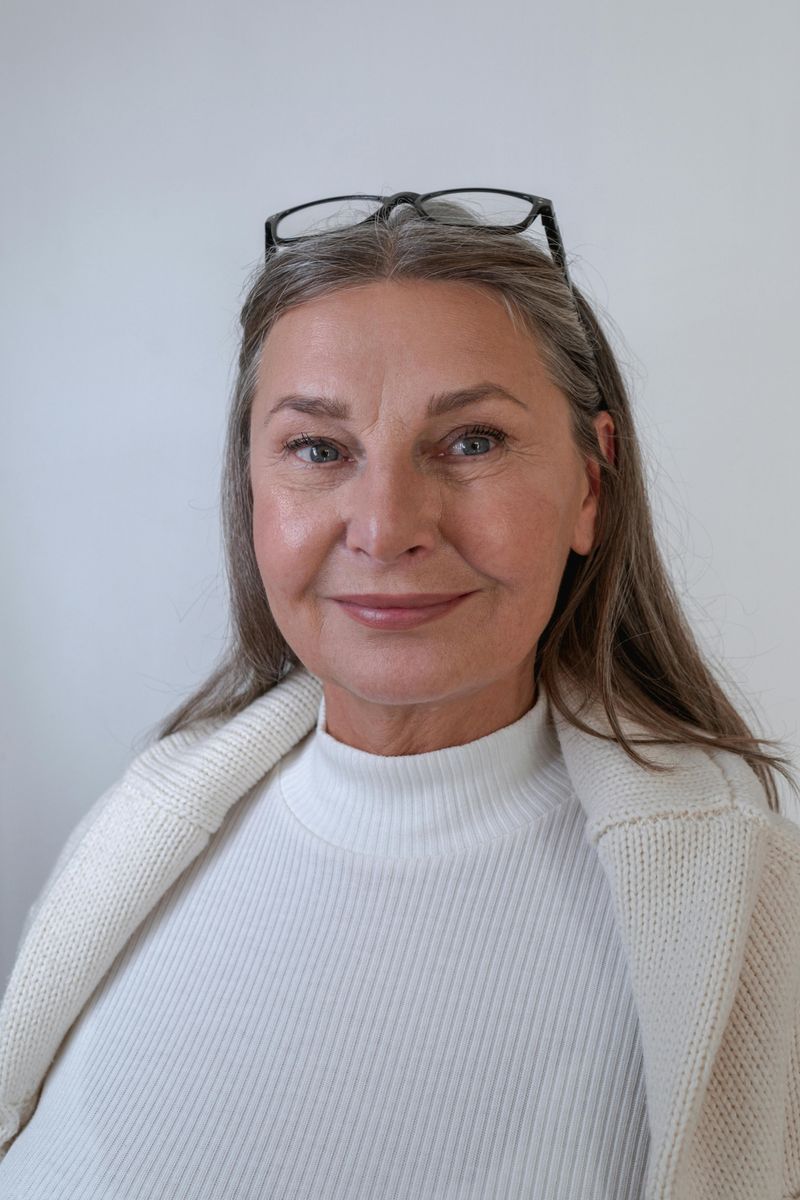Growing older comes with a surprising gift: the freedom to stop pretending. When you’re younger, you might feel pressure to fit in, impress others, or chase what everyone else thinks is important. But as the years go by, something shifts. People start realizing that life is too short to waste energy on things that don’t truly matter, and they begin letting go of the exhausting act of keeping up appearances.
1. Fitting In

Remember spending hours picking the perfect outfit just to blend in with the crowd? That urge fades fast with age. Older adults discover that trying to please everyone is exhausting and ultimately pointless.
They realize their true friends accept them as they are, quirks and all. Following every trend just to belong starts feeling silly when you know who you really are. Instead of molding themselves to fit different groups, they embrace their authentic selves.
This shift brings incredible relief. Energy once spent on fitting in gets redirected toward meaningful relationships and personal interests. They stop pretending to enjoy things they don’t and start saying what they actually think, which ironically makes them more likable and genuine.
2. Social Media Validation

Younger people often check their phones constantly, anxiously waiting for likes and comments. But somewhere along the way, that need for online approval just evaporates. Mature adults realize those little hearts and thumbs-up icons don’t actually reflect their worth.
They understand that most followers are strangers whose opinions don’t impact their real life. The pressure to post perfect photos or craft clever captions loses its grip. Many even take social media breaks without fear of missing out.
This freedom is liberating beyond measure. Instead of curating an online persona, they focus on living actual experiences worth remembering. Real conversations with loved ones become far more valuable than any viral post ever could be.
3. Drama and Gossip

Drama used to feel exciting or important, but age teaches you it’s mostly a waste of time. Older folks develop a sixth sense for pointless arguments and choose to simply walk away. They’ve learned that defending themselves in every petty disagreement drains energy better spent elsewhere.
Gossip loses its appeal too. Talking about other people’s problems starts feeling uncomfortable rather than entertaining. They recognize that participating in drama usually makes situations worse, not better.
The ability to disengage peacefully becomes a superpower. While younger people get pulled into every conflict, mature adults can smile, nod, and move on without a second thought. Their peace of mind matters more than being right or involved.
4. Other People’s Opinions

Here’s a secret that takes years to learn: most people are way too busy thinking about themselves to judge you. Younger folks worry constantly about what others think, but that anxiety fades with maturity. Older adults realize that strangers’ opinions have zero impact on their daily happiness.
Even friends and family have their own lives and problems to focus on. That embarrassing thing you did? Everyone forgot about it within hours. This realization is incredibly freeing.
With age comes the confidence to make choices based on personal values rather than external judgment. Whether it’s career moves, fashion choices, or lifestyle decisions, they trust their own compass. Worrying about opinions becomes exhausting when you finally understand how little they actually matter.
5. Having a Huge Friend Group

Big friend groups look impressive on paper, but maintaining dozens of shallow friendships gets tiring. As people mature, they naturally prioritize quality over quantity. Having two or three real friends who truly understand you beats having fifty acquaintances who barely know your last name.
Older adults stop forcing friendships that feel one-sided or draining. They invest time in relationships that bring mutual joy and support. Birthday parties might get smaller, but they become more meaningful with people who genuinely care.
This selectivity isn’t about being unfriendly or antisocial. It’s about recognizing that deep connections require time and energy. Instead of spreading themselves thin, they nurture the friendships that truly enrich their lives and let the rest naturally fade away.
6. Being Perfect

Perfection is exhausting to chase, and older people finally give themselves permission to stop trying. They’ve made enough mistakes to know that flaws are what make us human and interesting. That house doesn’t need to be spotless, and dinner can come from a takeout box sometimes.
Accepting imperfection brings tremendous peace. They laugh at their mistakes instead of agonizing over them. Wrinkles, extra pounds, and messy hair stop feeling like failures and start feeling like life.
Nobody has everything figured out, and pretending otherwise is pointless. Mature adults embrace their messy, imperfect reality and discover it’s far more comfortable than the exhausting performance of having it all together. Authenticity beats perfection every single time.
7. Keeping Up Appearances

Pretending everything is fine when it’s not becomes unbearable over time. Younger people often put on brave faces and hide their struggles, but age brings the courage to be honest. Mature adults admit when they’re having a rough day or need help.
They stop pretending to be happy in situations that make them miserable. If a job is terrible or a relationship isn’t working, they address it instead of maintaining the facade. This honesty strengthens real connections with others.
Vulnerability stops feeling like weakness and starts feeling like strength. When you drop the act, people respond with genuine support rather than judgment. Life gets easier when you stop wasting energy on maintaining false appearances and simply show up as your real, complicated self.

Comments
Loading…